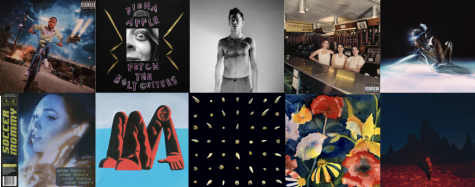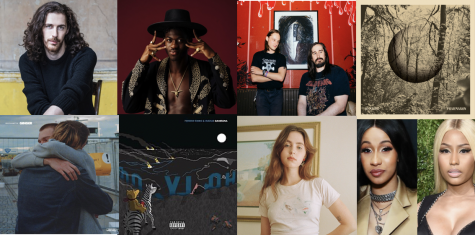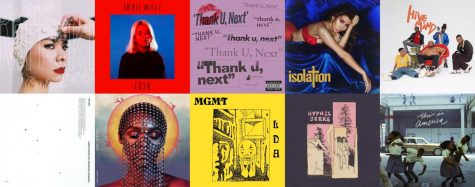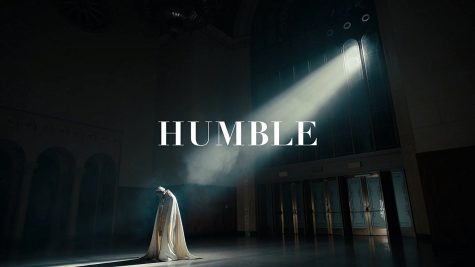WVAU Top Music 2013: #7
December 25, 2013

#7 ALBUM:
James Blake, Overgrown
åÊ
Remember post-dubstep? The way we speak critically about the music James Blake makes has unquestionably shifted in the 3 years we’ve followed his trajectory from upstart DJ to Mercury Prize winner. Since the release of his debut LP in 2010, he’s been joined by a new crop of artistsåÊpurveying spare, electronic-informed R&B,åÊa sound that resists classification, existing as part of today’s “monogenre” of pop/indie/electronic music.åÊGive “Pure Heroine” a listen and it’s not surprising that Lorde lists Blake among her favorite artists.
Blake’s newest record, Overgrown, certainly bears witness to the death of the microgenre he once occupied. But forget semantic shifts. James Blake has grown into a fundamentally different artist, with his newest album reshaping the hair-raising production and sharply felt emotions of his past works into a ghostly set of songs that revels in its subtleties.
Measured and somber, the album is woven together by Blake’s softly exquisite melodies and insular beats, with the warmth of “Retrograde” as its centerpiece. Full of chilly, slow-burning production, “Overgrown” is a distinct break from Blake’s past work characterized by maximalist climaxes and dramatic vocals, and is not without its missteps. But spend enough time with “Overgrown” and its private moments of meditation begin to feel essential as air, its muted atmosphere gradually welcoming you in to reveal its nuanced breakthroughs – a vocal line, a steel drumbeat,åÊa moment of silence.
With an artist whose work retreats from classification in every new iteration,åÊit’s enough to simply call Blake’s music “classic.”
åÊ
åÊ
By Maeve McDermott
åÊ

#7 SONG:
Vampire Weekend, “Hannah Hunt”
åÊ
One of the most anticipated albums of the year, Modern Vampires of the City, was released earlier this past May. Vampire Weekend’s third album is a solid mix of the old and the new. At first, I wasn’t a huge fan of the new and so on my first listen, I thought “Hannah Hunt” was okay – nothing special. Unlike the album’s first single, “Diane Young,” which has the classic Vampire Weekend sound we’ve known since their 2008 self-titled debut, this track is much slower. After having listened to the album numerous times, it turns out that “Hannah Hunt” one of the best off of Modern Vampires of the City. The song is a clear reflection of how much Vampire Weekend has grown over the years.
Make sure to give “Hannah Hunt” a few listens before dismissing it. If you listen closely, you’ll understand what makes it stand out. The track starts off slowly, with sounds of chatter and percussion, shortly followed by Rostam Botmanglij’s piano, accompanied with Chris Baio’s bass. Koenig joins in seamlessly and introduces the song’s story. He sings about a couple wandering from Providence to Phoenix and follows them on their journey. The song talks about getting older when all you’ve got is trust and faith to hold onto. (The titular protagonist is inspired by indie band Dominant Legs’ keyboardist and vocalist. Koenig sat next to Hannah Hunt in a Buddhism class during his time at Columbia University and thought she had a great name.)
The song continues to unravel, building up to an outburst of sound at two minutes and 39 seconds. Koenig screams, “If I can’t trust you then damn it Hannah/ There’s no future/ There’s no answer. Though we live on the U.S Dollar. You and me, we, got our own sense of time.” And at that moment, Koenig’s vocals burst with an array of emotions. At the verse’s end, just like that, the sounds soften and fade away, as quietly as it began. The track’s dynamic sounds, compared to the band’s usual upbeat tunes demonstrate how far Vampire Weekend has come since their days in Morningside Heights.
åÊ
åÊ
By Hyunjin Park














